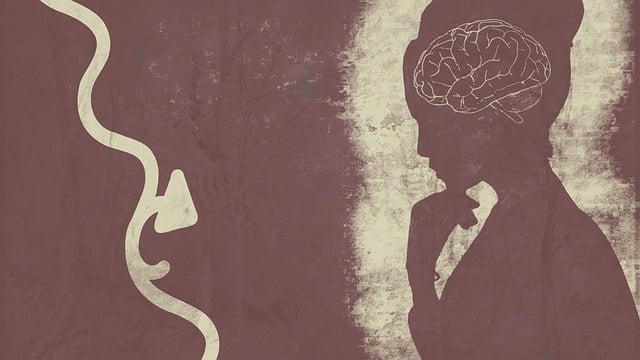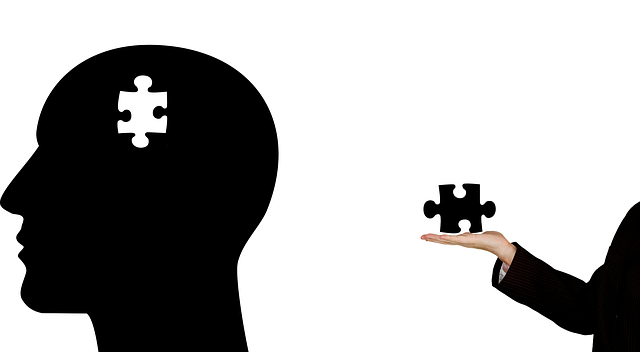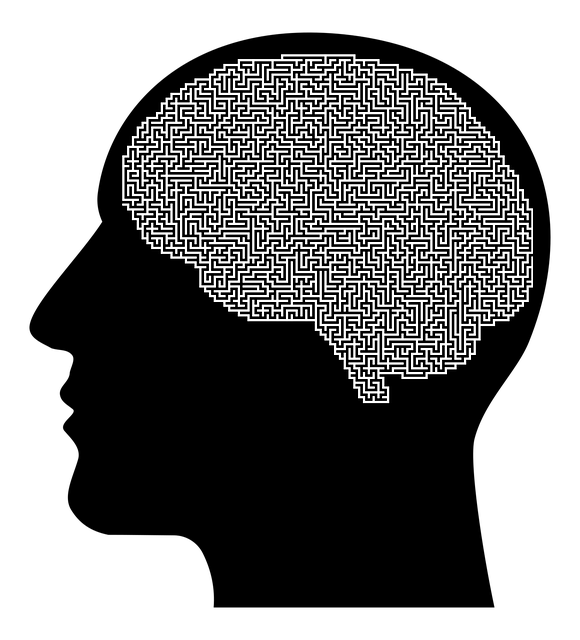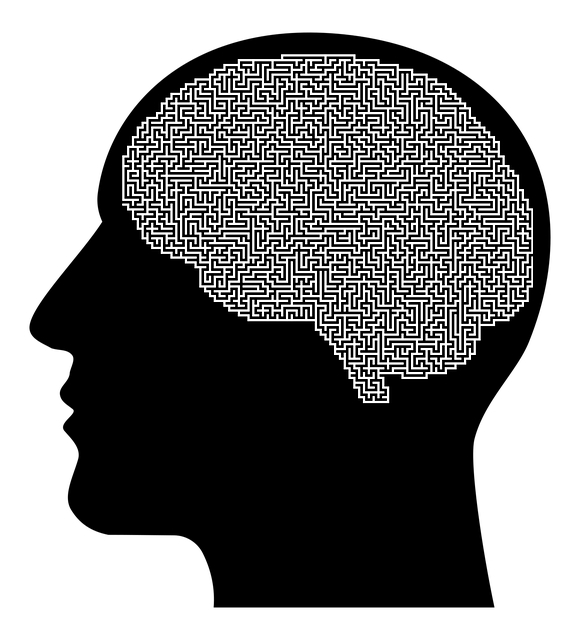Mental health advocacy initiatives, like those led by Lone Tree Geriatrics Therapy, play a pivotal role in dismantling stigma and fostering understanding through education, dialogue, and empowerment. Lone Tree Geriatrics Therapy stands out with its holistic care for seniors, combining traditional therapy with innovative practices like stress management techniques and the Mental Wellness Podcast Series. This community-driven approach not only improves mental health outcomes but also enhances quality of life and cultivates a culture of care throughout the wider community. Through comprehensive data analysis and feedback, Lone Tree Geriatrics Therapy measures impact and ensures their initiatives drive sustainable positive change in mental health support systems.
Mental health advocacy initiatives play a pivotal role in fostering inclusive communities and ensuring access to quality care. This article explores various facets of mental health activism, from breaking down stigma to implementing effective strategies. We highlight successful programs like Lone Tree Geriatrics Therapy, showcasing community-engagement models that revolutionize mental health support. Additionally, we delve into measurement techniques for evaluating the impact of these initiatives, offering insights into their success and potential for widespread adoption.
- Understanding Mental Health Advocacy: Breaking Down Stigma and Promoting Support
- Lone Tree Geriatrics Therapy: A Model for Community Engagement and Care
- Strategies for Effective Mental Health Advocacy Initiatives
- Measuring Impact: Evaluating the Success of Mental Health Advocacy Programs
Understanding Mental Health Advocacy: Breaking Down Stigma and Promoting Support

Mental health advocacy initiatives play a pivotal role in creating a more supportive and understanding society. At Lone Tree Geriatrics Therapy, we believe that breaking down stigma is the first step towards fostering an environment where individuals can openly discuss their mental health struggles without fear of judgment. This involves educating the public about mental illnesses, dispelling misconceptions, and promoting empathy. By advocating for mental well-being, we aim to reduce the societal barriers that often prevent people from seeking help.
Stigma surrounding mental health issues has long been a significant obstacle in people’s journeys towards recovery. Advocacy initiatives work to challenge these stereotypes by sharing personal stories, organizing awareness campaigns, and engaging in open dialogues. Encouraging self-esteem improvement and confidence boosting strategies can further empower individuals to take charge of their mental health. Through these efforts, we strive to create a supportive network that embraces diversity and encourages everyone to prioritize their psychological well-being, just as they would physical health.
Lone Tree Geriatrics Therapy: A Model for Community Engagement and Care

Lone Tree Geriatrics Therapy stands as a beacon of hope and a model for community engagement in mental health advocacy. This initiative focuses on providing holistic care, integrating emotional healing processes into routine geriatric therapy. By fostering connections within the community, they create an environment that supports not just physical health but also mental wellness. The program’s success lies in its ability to combine traditional therapy with innovative practices, such as stress management techniques and the production of a Mental Wellness Podcast Series, which educates and inspires folks to prioritize their emotional well-being.
This community-driven approach ensures that individuals aged 65 and over receive comprehensive support tailored to their unique needs. Through Lone Tree Geriatrics Therapy, participants gain access to essential resources, fostering improved mental health outcomes and enhancing overall quality of life. The initiative’s impact extends beyond the individual, as it promotes a culture of care and understanding within the community, setting a standard for other similar programs.
Strategies for Effective Mental Health Advocacy Initiatives

Mental health advocacy initiatives require a multi-faceted approach to be truly effective. Firstly, raising awareness through education programs and open conversations can help destigmatize mental health issues. Lone Tree Geriatrics Therapy, for instance, focuses on fostering positive thinking and emotional regulation among their patients, encouraging them to speak openly about their experiences. This not only empowers individuals but also equips them with tools for self-care.
Additionally, training mental health professionals in risk management planning is paramount. Equipping practitioners with strategies to identify and mitigate risks can enhance client outcomes significantly. By integrating these measures, advocacy initiatives become more comprehensive, ensuring that both the public and professionals are equipped to navigate and support mental well-being effectively.
Measuring Impact: Evaluating the Success of Mental Health Advocacy Programs

Measuring impact is a crucial aspect of evaluating the success of mental health advocacy programs. At Lone Tree Geriatrics Therapy, we believe in quantifying the positive changes brought about by our initiatives through comprehensive data analysis and feedback mechanisms. This involves tracking key performance indicators (KPIs) such as increased awareness, improved access to care, and reduced stigma associated with mental health issues within targeted communities. By collecting qualitative and quantitative data from various stakeholders, including service users, caregivers, healthcare providers, and community leaders, we gain valuable insights into the program’s effectiveness and areas that require enhancement.
Effective measurement goes beyond mere numbers. It involves examining the lived experiences of individuals involved in our programs, as well as the broader societal impacts. For instance, a successful Community Outreach Program Implementation can lead to better-informed communities, increased service utilization, and improved policy decisions through Mental Health Policy Analysis and Advocacy. By integrating these perspectives, Lone Tree Geriatrics Therapy strives to ensure that our advocacy initiatives not only meet but exceed expectations, fostering sustainable positive change in mental health support systems.
Mental health advocacy initiatives, as exemplified by programs like Lone Tree Geriatrics Therapy, play a pivotal role in fostering community engagement and enhancing mental well-being. By breaking down stigma and promoting understanding, these efforts enable individuals to access necessary support. Effective strategies include education, collaboration, and measurable outcomes evaluation. As we navigate the complexities of mental health, such initiatives serve as crucial models for creating inclusive, compassionate communities that prioritize overall wellness.














